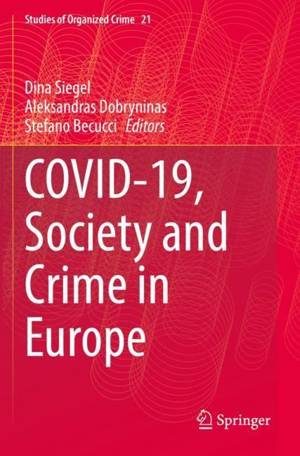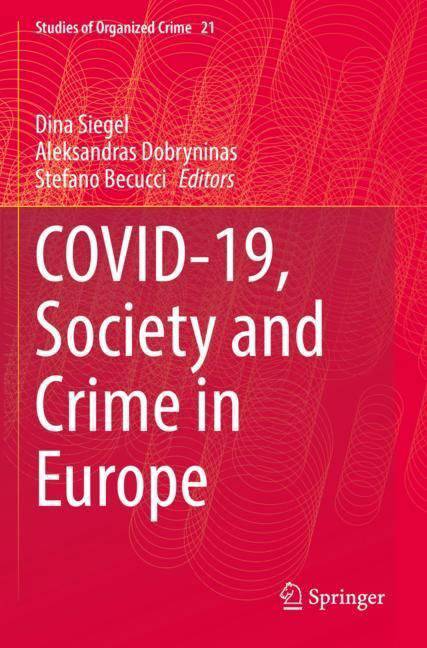
- Retrait gratuit dans votre magasin Club
- 7.000.000 titres dans notre catalogue
- Payer en toute sécurité
- Toujours un magasin près de chez vous
- Retrait gratuit dans votre magasin Club
- 7.000.000 titres dans notre catalogue
- Payer en toute sécurité
- Toujours un magasin près de chez vous
Covid-19, Society and Crime in Europe
147,95 €
+ 295 points
Description
This volume analyzes the development of the reactions to Covid-19 by governments, the public and the crime patterns in 16 European countries. All countries are members of the European Union and share common European norms and values, but the Covid-19 pandemic can serve as an example of how these norms and values are interpreted differently with regard to people's trust in public institutions, governmental control strategies, dealing with fear, anxiety and other emotional responses to the new virus, crime patterns and law enforcement priorities to prevent and combat them. The volume provides empirical data based on available statistics, media analysis and qualitative data from interviews and observations, and examines the similarities and differences in crime patterns and the consequences for local communities and law enforcement priorities.
Spécifications
Parties prenantes
- Editeur:
Contenu
- Nombre de pages :
- 321
- Langue:
- Anglais
- Collection :
- Tome:
- n° 21
Caractéristiques
- EAN:
- 9783031135644
- Date de parution :
- 31-10-23
- Format:
- Livre broché
- Format numérique:
- Trade paperback (VS)
- Dimensions :
- 156 mm x 234 mm
- Poids :
- 480 g






